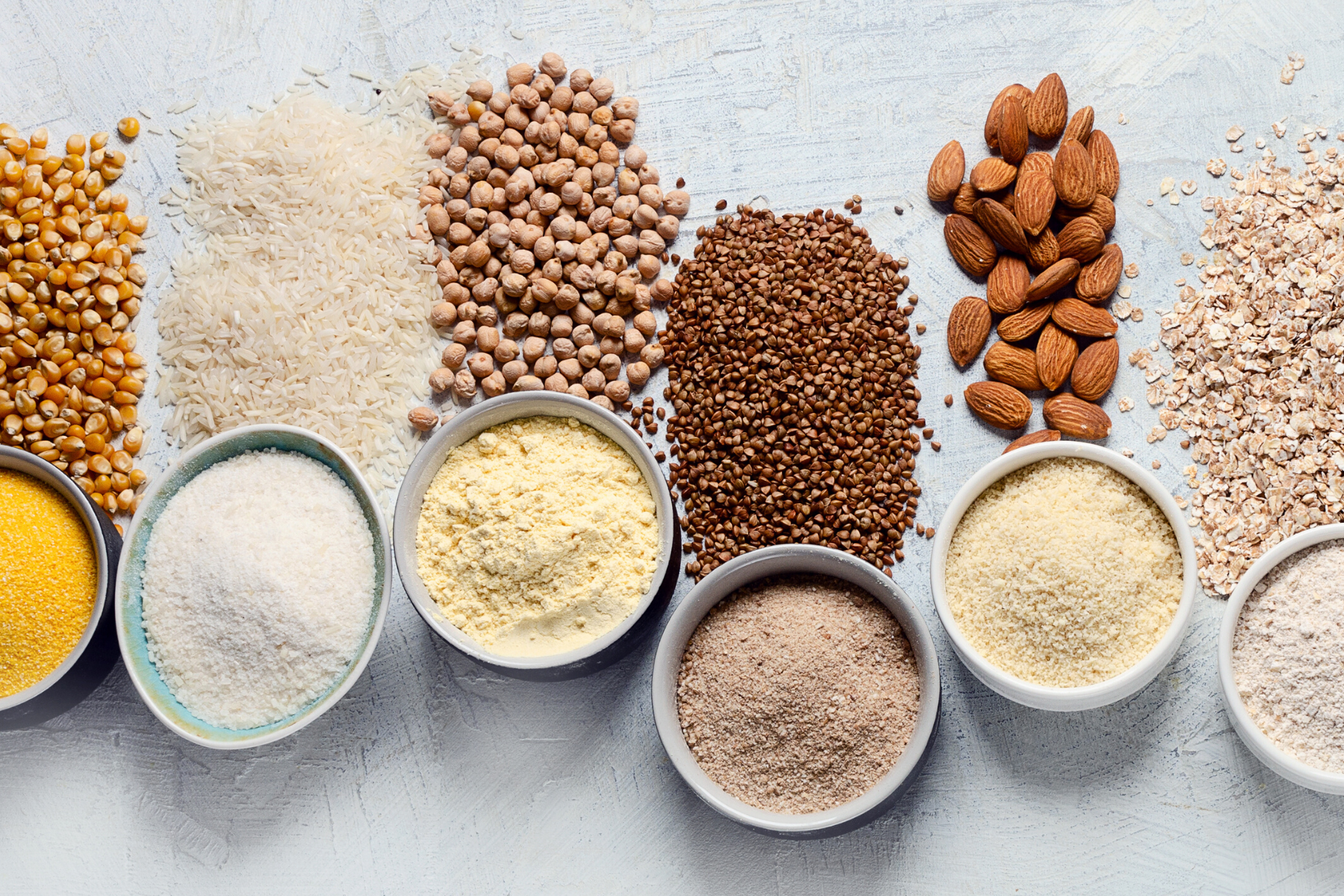
12 Of The Best Vegan Protein Sources
One of the most common misconceptions about eating more plant-based meals is that you can’t get enough protein in your diet. The truth is, a well-planned plant-based diet can give you every nutrient that your body needs, including protein. Whether you are going completely vegan or just choosing to reduce your intake of animal products, it is important to know which foods will give you sufficient protein. Here are 12 of the best vegan protein sources to incorporate into your diet;
Lentils
Lentils are a staple in many vegan diets because they are versatile enough to be cooked into a vast range of dishes. You can create hearty soups, delicious curries, comforting lasagna or add them to a fresh salad for an extra protein punch. Lentils offer a massive 18g of protein per cup (240ml), and as well as this they are a great source of fibre, iron, folate, manganese and antioxidants.
Tempeh
Tempeh originates from soybeans, just like tofu and edamame. Soybeans are a whole source of protein, and this means they contain all the essential amino acids the body needs. Tempeh is made from mature soybeans which are cooked and slightly fermented before being pressed into a patty. It offers a nutty flavour and can be cooked into a variety of recipes including burgers, chilis and soups.
Pinto Beans
Pinto beans are a popular staple in many vegan diets because they are super simple to prepare and have a delicious nutty flavour. With 15g of protein per cup (240ml), Pinto beans are a great source of protein. They are also high in fibre, iron, and thiamine while being very low fat and containing no cholesterol.
Chickpeas
Also known as garbanzo beans, chickpeas are a type of legume that have a high protein content. They offer roughly 15 grams of protein per cup (240ml) and also make an excellent source of complex carbs, iron, fibre, potassium and much more. It has been claimed that a diet rich in legumes like chickpeas will help control blood sugar levels, reduce cholesterol and lower blood pressure.
Hemp Seed
Part of the Cannabis sativa plant, hemp seed is well known as belonging to the same family as marijuana. However, hemp seed contains just traces of THC, which is the compound that creates the drug’s psychoactive effects. This seed contains 10 grams of easily digestible protein per ounce (28 grams), doubling the protein levels of both chia seeds and flaxseeds.
Chia Seeds
Derived from the Salvia hispanica plant, chia seeds are an easy way to add more protein to a plant-based diet. They have a bland taste and turn to a gel-like substance when added to water, making them extremely versatile for almost any dish. Just 35 grams of chia seeds have 6 grams of protein and 13 grams of fibre. Check out some of the recipe ideas on our site for how to create some delicious chia seed breakfasts.
Quinoa
Unlike other grains, quinoa doesn’t grow from grasses, meaning they are technically considered ‘pseudocereals’. They can still be ground and prepared into flours, just like other grains, making them easy to add to dishes. Cooked quinoa offers between 8 and 9 grams of protein per cup (240ml).
Greens
Many leafy greens contain sufficient levels of protein. Although many of these will not be enough to hit daily protein levels if eaten alone, they can be combined with other high protein foods for an easy increase. Kale contains 2 grams of protein per cup (240ml), a single stalk of broccoli contains 4 grams, and cooked spinach offers between 4 and 5 grams per cup (240ml).
Spirulina
Spirulina is an algae that offers many nutritional benefits. Just two tablespoons of spirulina provides 8 grams of complete protein, while also being very high in thiamine, iron and copper.
Wild Rice
While many long-grain rice varieties contain protein, wild rice offers on average 1.5 times more protein than brown rice or basmati. There is 7 grams of protein in each cooked cup (240ml), as well as many other nutrients and vitamins.
Nut Butters
All nuts and seeds can be considered to be excellent sources of protein, and nut butters are a super-easy way to incorporate them into your diet. With just one ounce containing roughly 5 to 7 grams of protein depending on the type, these can be easily added to various recipes, dolloped into smoothie bowls or simply spread on toast!
Oats
Just half a cup (120ml) of dry oats contains 6 grams of protein, 4 grams of fibre and good levels of zinc, magnesium and phosphorus. They are easy to add to any plant-based diet and a delicious option for an extra protein boost. Although not considered a complete protein, oats do offer a high-quality protein compared with wheat and rice.
